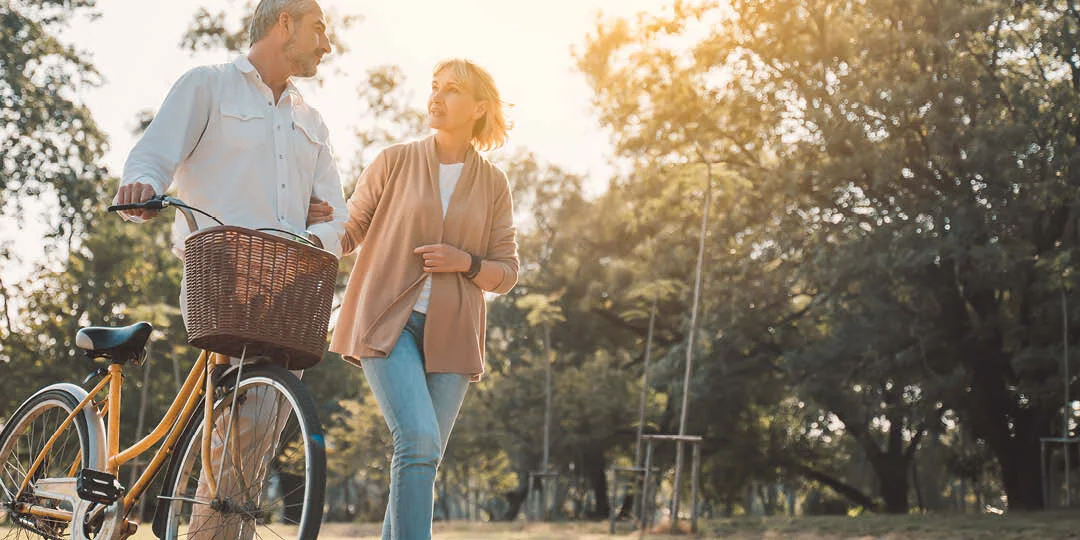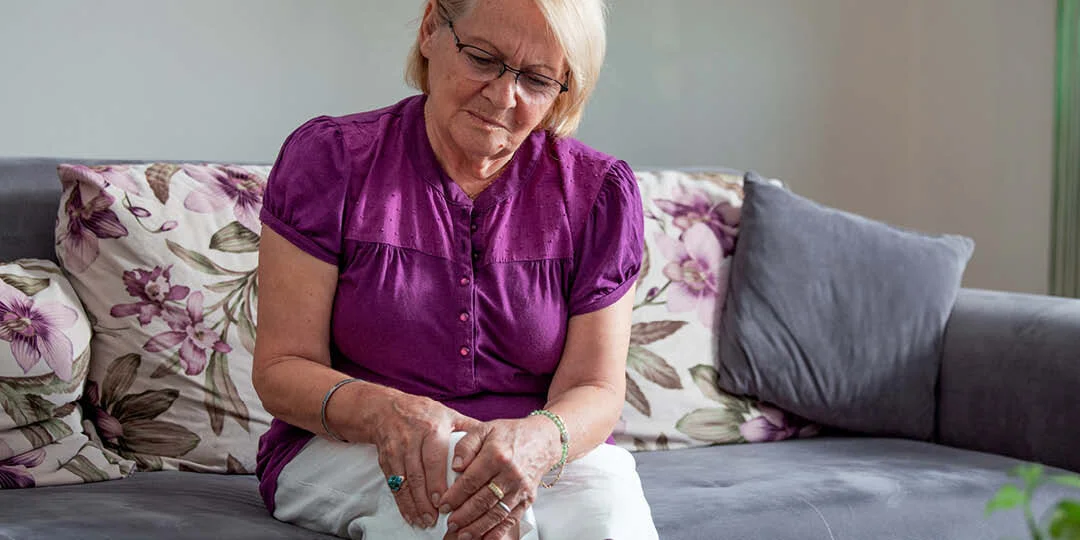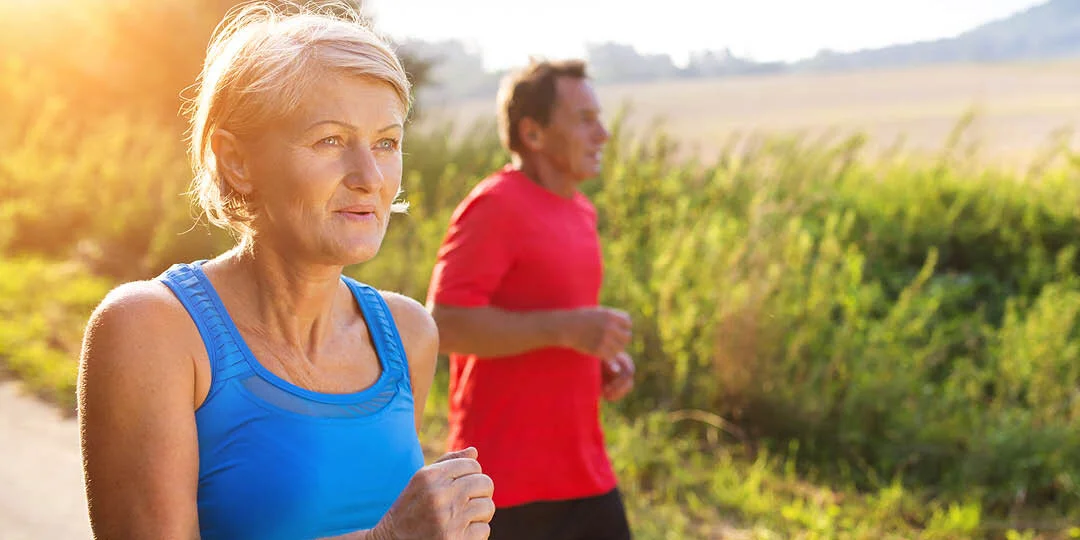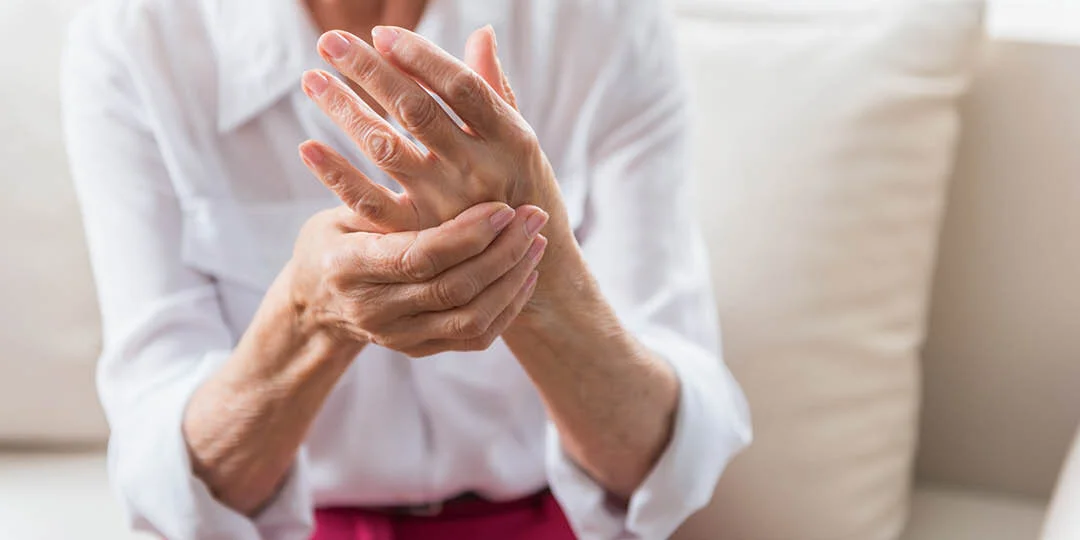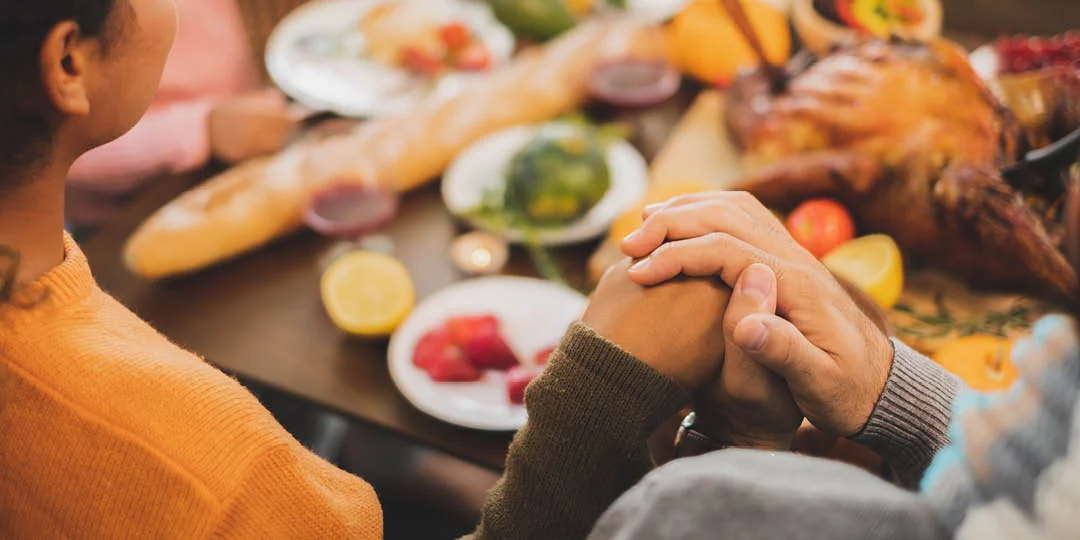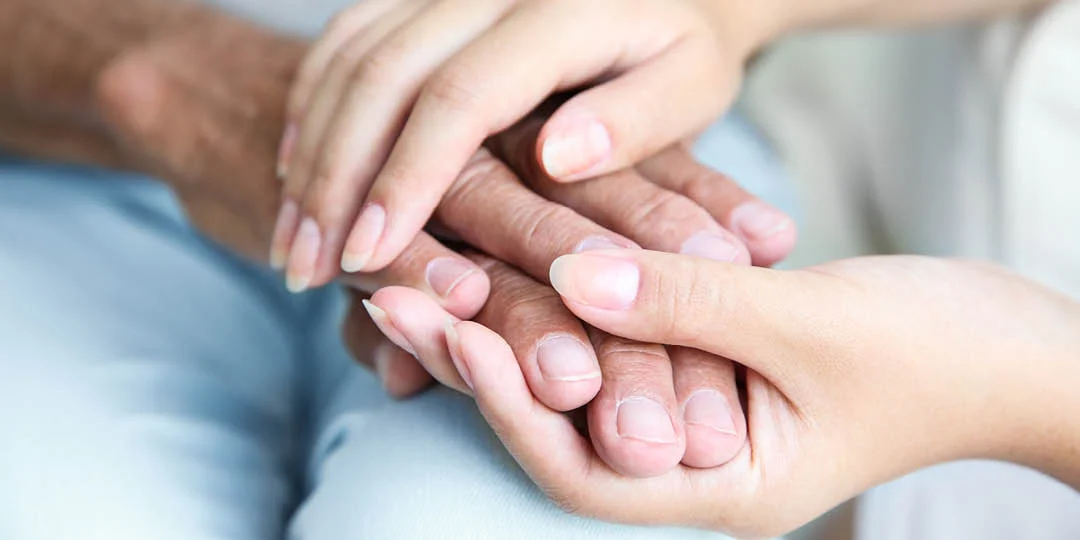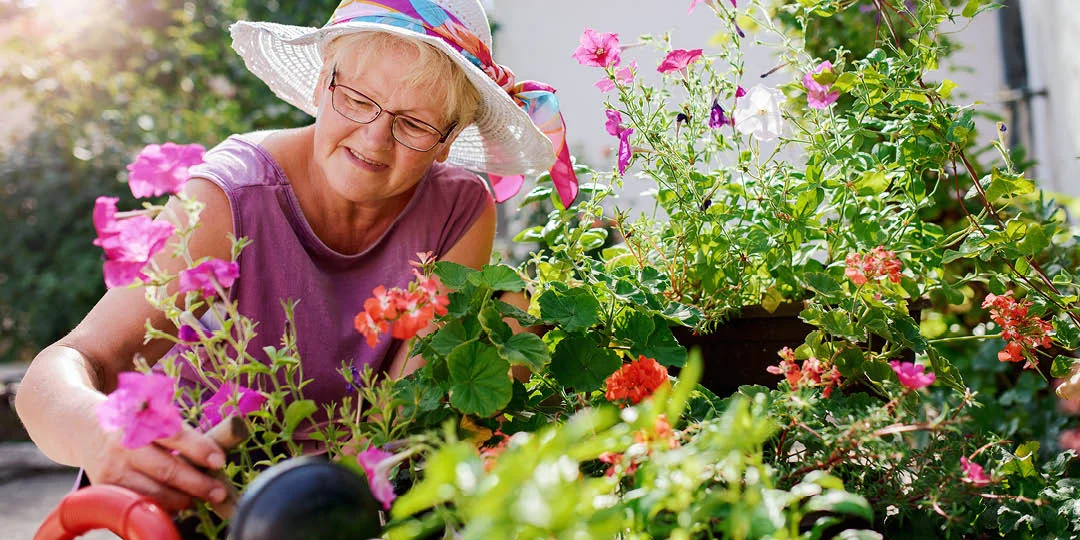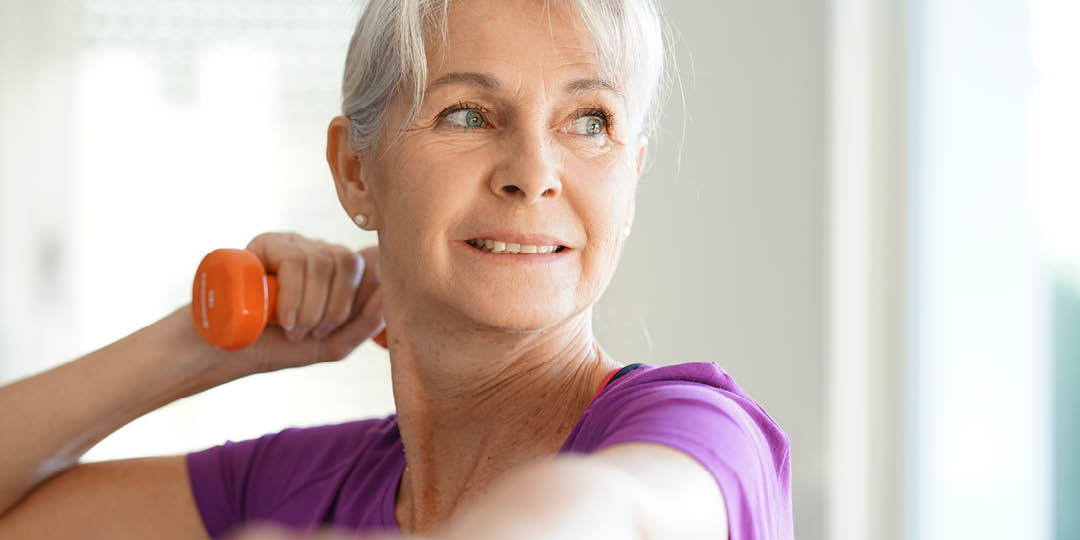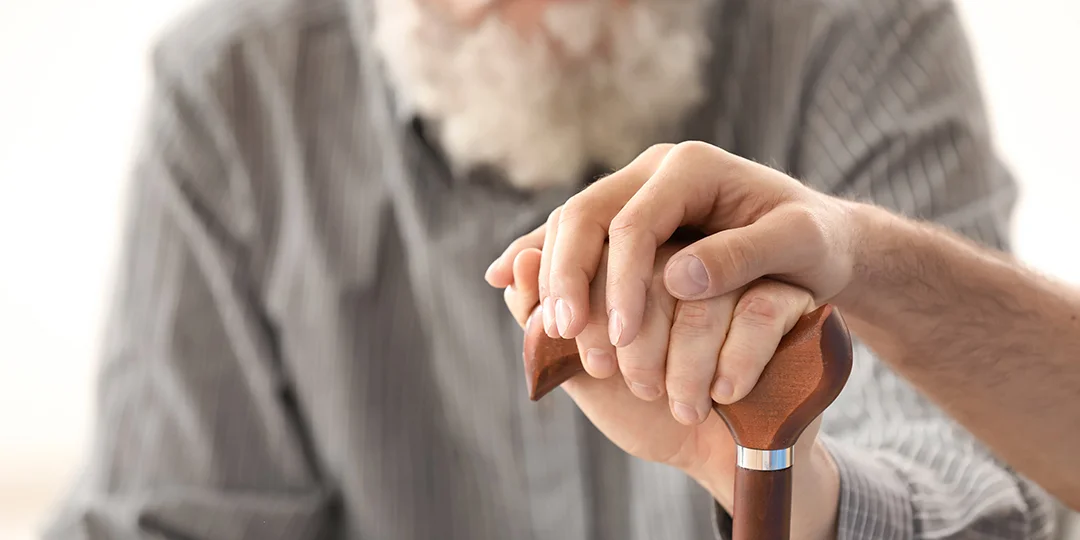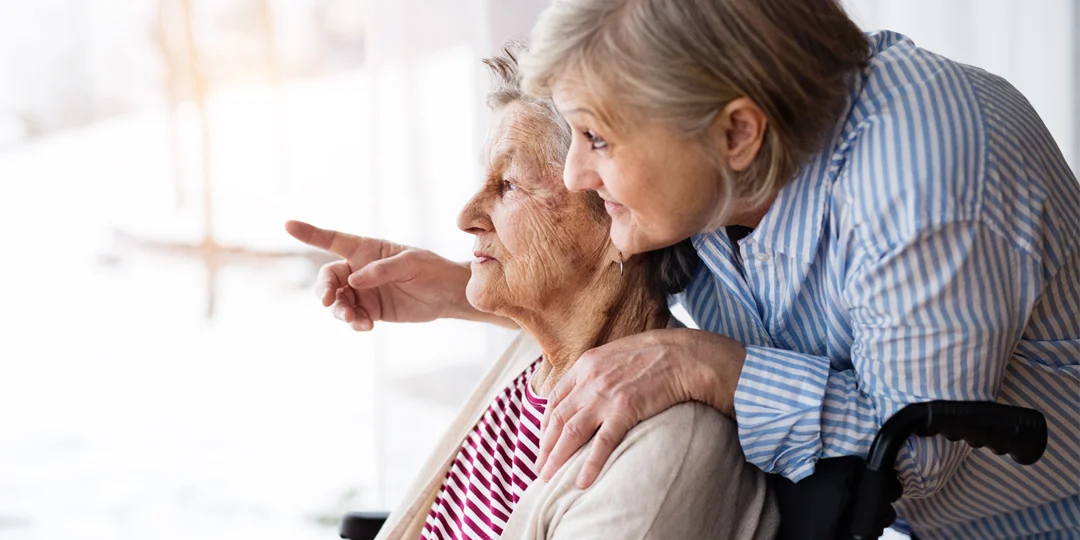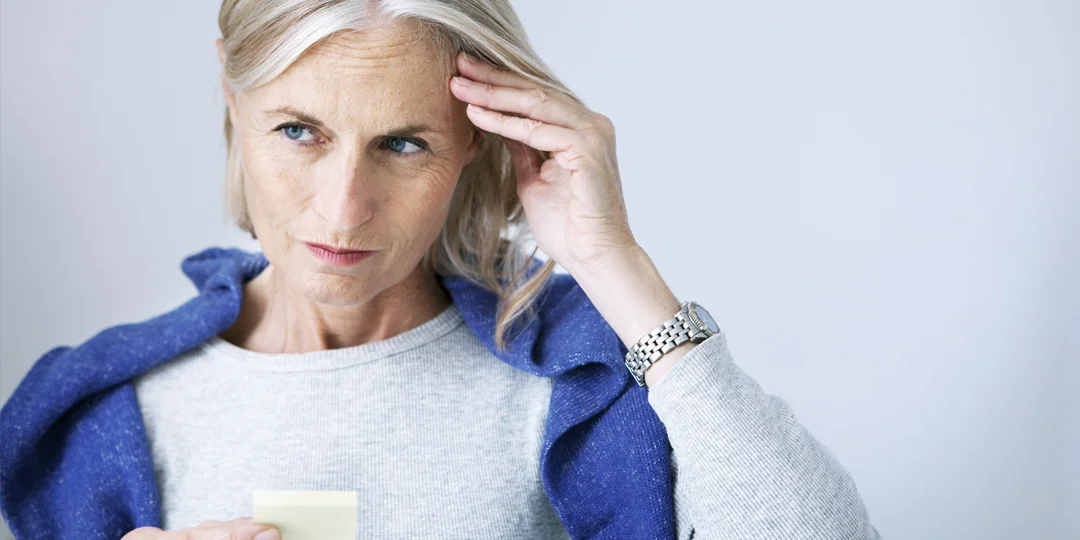Breast cancer is the most common form of cancer found in elderly women. A woman has a one-in-eight chance of developing breast cancer over her lifetime, according to the National Cancer Institute. The older a woman is, the more likely it is she will be diagnosed with the disease. Read on to learn steps you can take reduce risks.
Read MoreNo matter your age or level of fitness, you also need protein. Your body relies on protein to function. Eating more protein is one of the best ways to reduce age-related muscle deterioration and prevent sarcopenia. Staying physically active is also crucial and lifting weights or doing some sort of resistance exercise can work wonders.
Read MoreVitamin D is an extremely important vitamin that has powerful effects on several systems throughout your body. Unlike other vitamins, vitamin D functions like a hormone, and every single cell in your body has a receptor for it. In our latest blog post we discuss how to ensure you are getting the proper amounts of Vitamin D.
Read MoreThe prospect of a really hot summer on top of a pandemic requires new thinking about how to keep people safe. Getting those at risk from heat, including older people and those with chronic medical problems can be difficult if not prepared. In our blog post we discuss way to beat the heat during a different summer.
Read MoreInflammation refers to your body’s process of fighting against things that harm it, such as infections, injuries, and toxins, in an attempt to heal itself. When something damages your cells, your body releases chemicals that trigger a response from your immune system.
Read MoreSpring is beautiful, but it's also a key time of year for seasonal allergies. As plants release pollen, millions of people with hay fever start to sniffle and sneeze. There's no cure but you can take steps to curb springtime allergies, from medication to household habits.
Read MoreLearn about your risk for heart disease and the steps you need to take now to help your heart. Heart disease and the conditions that lead to it can happen at any age. Heart disease doesn’t happen just to older adults. It is happening to younger adults more and more often.
Read MoreWinter can be a long and draining season for seniors, both physically and mentally. Ice, snow, cold temperatures and shorter days can complicate getting outside. Being stuck inside may create problems of its own, with seasonal affective disorder (SAD) or loneliness around the holidays representing challenges many older Americans face.
Read MoreArthritis means joint inflammation, but the term is used to describe around 200 conditions that affect joints, the tissues that surround the joint, and other connective tissue. It is a rheumatic condition. The most common form of arthritis is osteoarthritis. As a disease, arthritis is more complicated and varied than most people imagine. It can come in different forms and affect people in different ways.
Read MoreAlong with the physical changes that occur as we get older, changes to our sleep patterns are a part of the normal aging process. As people age they tend to have a harder time falling asleep and more trouble staying asleep than when they were younger. Lack of sleep can lead to a serious of health problems, including heart disease, stroke, high blood pressure and diabetes.
Read MoreNearly everyone looks forward to the holiday season time―but not necessarily to the stress it seems to bring along. Life is already busy enough taking care of your parent’s needs with those of your family, your career and yourself. Add in holiday stress related to shopping, cooking and traveling, and it might be easy to overlook the stressors that could be hindering your senior loved one’s ability to enjoy the holidays to the fullest.
Read MoreFall is a beautiful time of year. After all, what’s not to like? The weather cools down, Halloween is approaching and people start baking pumpkin-flavored treats. Getting your senior up and out of the house while spending time with loved ones can boost their mood and create wonderful memories. Here are just a few fun activities to consider.
Read MoreCoping with loss can be difficult for anyone, but if you’re an older adult, the experience can be a greater struggle simply by the nature of your stage in life. Learn the ways to identify those who are grieving and how to help them work through the healing process.
Read MoreHere are some of our favorite healthy and simple recipes that are easily prepared during those long summer days. If you have a caregiver helping you out, they can pick up the ingredients and whip you up a tasty lunch or they can help you to prepare one of these delicious recipes.
Read MoreMany people embrace the summer months, but with high temperatures, especially in July and August hydration is more important than ever.
Read MoreFrom the time you are born to around the time you turn 30, your muscles grow larger and stronger, at some point in your 30s, you start to lose muscle mass and function. The cause is age-related sarcopenia or sarcopenia with aging which means the progressive loss of skeletal muscle.
Read MoreWe have all misplaced our car keys, drawn a blank on someone’s name that we are familiar with or walked into a room to grab something and then forgotten what we were going to get. When we’re young we don’t pay much attention to these memory lapses but as we get older we worry about what they mean.
Read MoreBeing the caregiver for your spouse is a job that often comes with its own unique set of challenges, sometimes it feels like a privilege. Sometimes it feels like the most difficult task on the planet.
Read MoreWinter with it’s snow, sleet, ice and cold temperatures can be a treacherous time for anyone, but it can be especially dangerous for the elderly. Below are some tips to ensure that you and your loved ones are prepared for this difficult season.
Read MoreGradual memory loss is part of normal aging, largely caused by a reduction in brain size as the years pass. But coupled with hormonal changes, medications, poor hearing, and lack of intellectual stimulation, you may find your elderly loved ones become forgetful, confused and lack the level of concentration that they once had.
Read More


